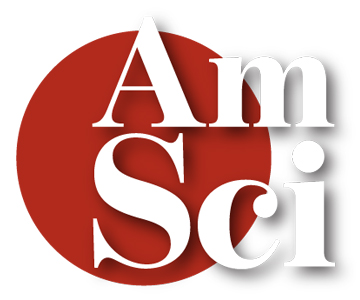
Bernard Schutz
Bernard Schutz is director of the Max Planck Institute for Gravitational Physics in Potsdam, Germany, where he heads the Astrophysical Relativity Division. He is also a professor in the School of Physics and Astronomy at Cardiff University and is the author of Gravity from the Ground Up (2003) and A First Course in General Relativity (1985), both from Cambridge University Press.